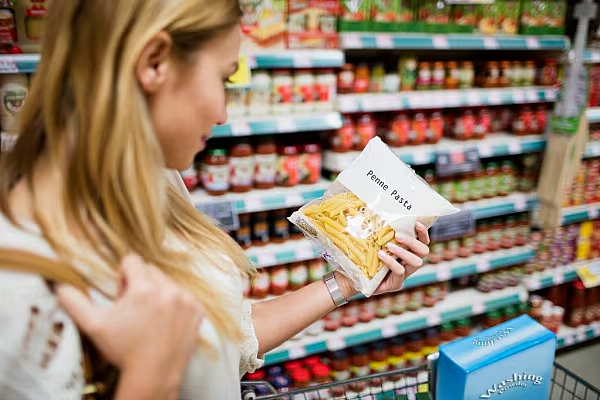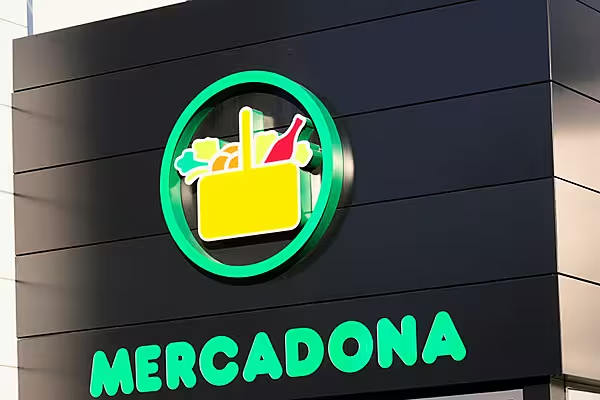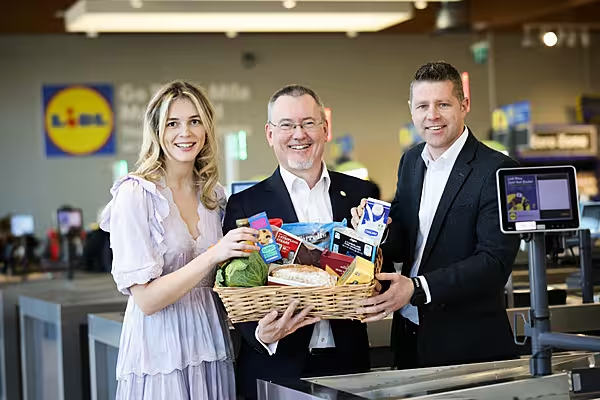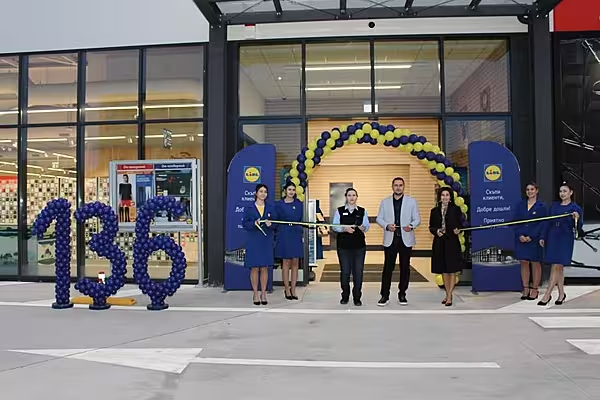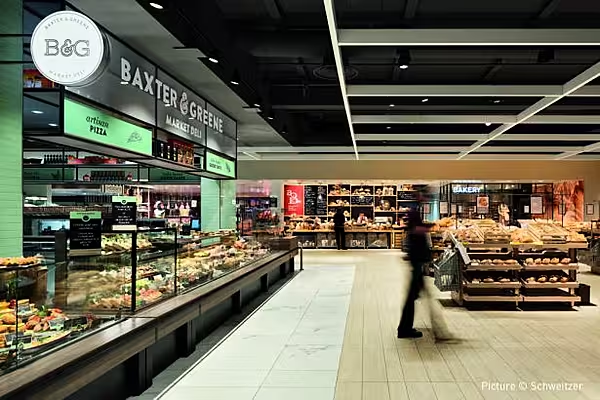A coalition of companies in the Netherlands, including Unilever, FrieslandCampina, Albert Heijn, Lidl, Jumbo, Dirk, Dekamarkt, De Smaakspecialist, Ebro, Velder, and Enrico Foods, has come together to address the issue of food waste by providing consumers with clearer information on expiry dates.
The initiative, known as the Date-Labelling Coalition, aims to reduce the significant amount of food wasted each year in the Netherlands, with between 24% and 38% of this waste occurring at the consumer level.
The Date-Labelling Coalition was initiated by Food Waste Free United (FNLI) and Too Good To Go, and endorsed by CBL and the Netherlands Nutrition Centre.
“After years of reducing food waste by consumers, this downward trend has stagnated,” commented Toine Timmermans, director of Food Waste Free United.
“More is needed to ensure that food waste is halved by 2030, according to SDG 12.3.
“This coalition is an important and logical step in the right direction. We hope that more companies will join, so that consumers do not unnecessarily waste valuable food at home.”
Expiry Date Confusion
According to the coalition, confusion over expiry dates contributes to food waste, with around 10% of food waste at home attributed to misunderstanding expiry labels. This results in approximately 60 million kilograms of good food, 115 million meals, or 175 million kilograms of CO2 emissions being wasted annually.
To address this issue, the coalition plans to educate consumers about the difference between best-before (THT) and use-by (TGT) dates and how to manage them effectively.
Coalition members also stated their commitment to communicating more clearly on packaging, to prevent unnecessary food disposal. Each firm plans to introduce icons, including a ‘look-smell-taste icon’ for best-before products and a ‘hand’ icon for use-by products.
Best-Before Dates
Additionally, coalition members emphasise that the best-before date is a guideline, rather than a strict expiration date, encouraging consumers to use their judgment by looking, smelling and tasting products to determine their safety for consumption.
“We want people to enjoy our products, and not waste them unnecessarily,” commented Debora van der Zee-Denekamp, general manager of nutrition, North Europe, and plant-based leader, Europe, Unilever.
“Many of our products are also good after the best-before date. We want to make it clear to consumers that they can use our products safely and can easily judge for themselves whether they still taste good after the best-before date, by looking, smelling and tasting.”
For example, certain products, such as salt, honey and vinegar, do not require a best-before date, yet these dates are often included on packaging. The coalition partners will work to remove unnecessary dates from these products and expand the list of exempt items, in collaboration with Food Waste Free United.
The Date-Labelling Coalition initiative aligns with the Netherlands’ goal of halving food waste by 2030, as outlined in SDG 12.3.
“The Netherlands wants to take a leading position to show that you can reduce food waste by taking responsibility as [a] food industry,” Timmermans added.
